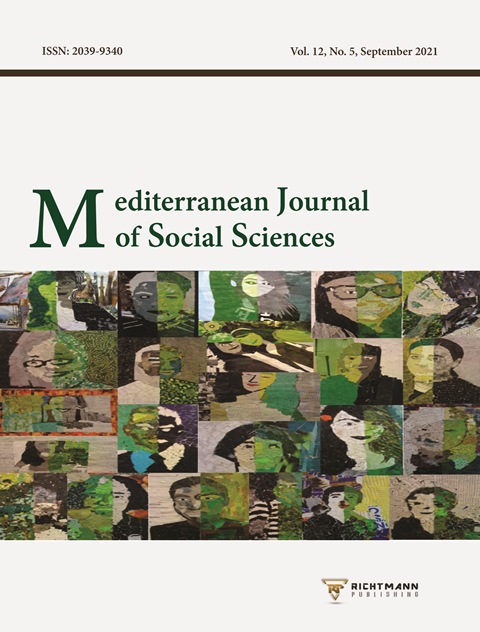Regional Energy Integration for Sustainable Development in Eastern Africa: The Case for Geothermal Energy
DOI:
https://doi.org/10.36941/mjss-2021-0042Keywords:
energy mix, integration, geothermal, sustainable developmentAbstract
Energy is a crucial factor in international relations and a critical input to achieve global economic growth and development. Provision of affordable, sustainable, and reliable energy is necessary and a prerequisite for any country’s economic growth and prosperity. The United Nations Agenda 2030, through its Seventh Sustainable Development Goal (SGD 7) and the African Union Agenda 2063 Aspiration 1recognise the centrality of access to energy towards realising the ambitions enlisted in these documents. The asymmetric distribution of natural resources and the political, strategic, financial, and technological challenges in utilising these resources hinder countries from availing affordable, sustainable, and reliable energy by using domestic sources alone. The inability to attain energy independence makes a compelling case for nations to increasingly integrate their energy supply chains to international and regional energy markets. As a result, ensuring access to affordable energy has become a core interest of regional foreign relations. Therefore, if geopolitics permits, energy cooperation and interdependence become the ultimate and sustainable path towards energy security. Africa has tremendous potential ranging from hydrocarbons to renewable energies. Nevertheless, it has failed to provide adequate energy for its social and economic needs mainly due to poor governance and related challenges. Africa has to utilise such humongous and diversified energy resources by embracing an optimal energy mix that contributes to regional economic development and energy integration. Eastern Africa, home to various renewable energy resources, is one of the energy-poor regions in Africa. The prevailing energy system in the sub-region is hydro-based and lacks reliability. The sub-region has tremendous renewable energy resources such as wind, solar, and geothermal. Still, their utilisation is negligible due to several challenges, including governance and lack of access to finance and technology. This paper argues that an integrated and regional approach to developing the energy sector in Eastern Africa can address the energy-related challenges and contribute towards regional integration in Eastern Africa. In particular, the development of geothermal energy, within the optimal energy mix in the sub-region, for both power generation and direct use application will play a crucial role in forging energy integration in Eastern Africa. In this regard, regional institutions such as power pools and regional economic communities are indispensable.
Received: 27 June 2021 / Accepted: 5 August 2021 / Published: 5 September 2021
Downloads
Downloads
Published
Issue
Section
License

This work is licensed under a Creative Commons Attribution-NonCommercial 4.0 International License.
This work is licensed under a Creative Commons Attribution-NonCommercial 4.0 International License.











